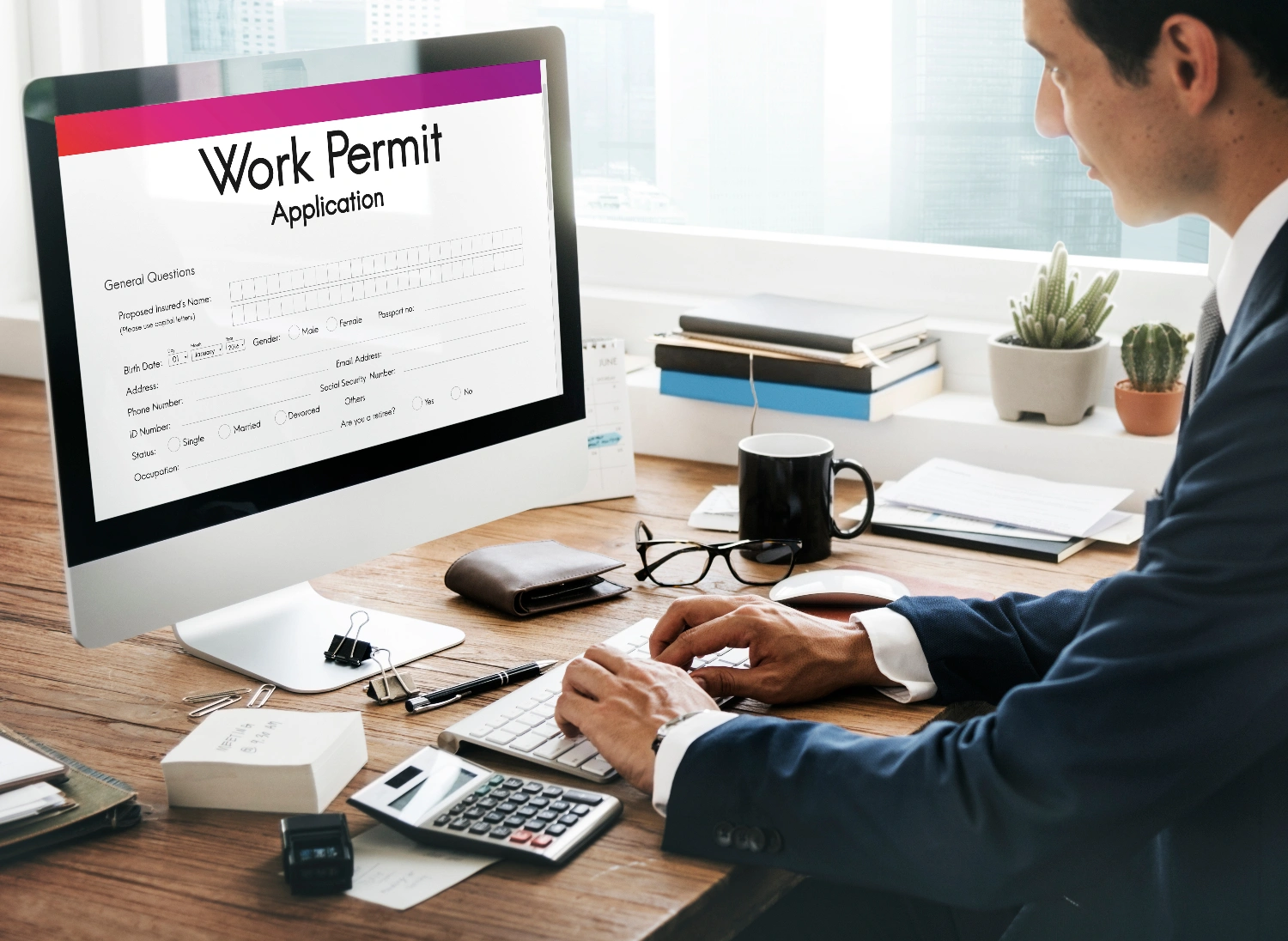
As Canada prepares for a bustling summer of international conferences and events, foreign companies planning to bring in their teams face an important challenge: ensuring all personnel have the right authorization to work on Canadian soil.
Whether you’re managing a corporate convention, a global exhibition, or a high-profile seminar, understanding Canada’s work permit regulations is essential to keeping your event on track and compliant. Here’s what you need to know if your team includes foreign nationals.
Also Read Work Authorization Guide for International Talent at Canadian Summer Events
Do All Foreign Workers Need a Work Permit in Canada?
Not necessarily. Canada has specific guidelines distinguishing who needs a work permit and who may be exempt. The answer often depends on two key factors:
- The nature of the work being performed
- Whether the event is hosted by a foreign or Canadian organization
Who Can Enter Canada Without a Work Permit?
Certain professionals contracted by foreign organizations may enter Canada without a work permit, provided they are not integrating into the Canadian labour market. These typically include:
- Conference coordinators hired to handle logistics and operations
- Exhibition managers overseeing booth setup and design
- Destination marketers promoting Canadian venues abroad
- Accommodation planners arranging lodging for international attendees
- Professional event organizers leading overall execution
These individuals are generally considered business visitors under Canadian immigration policy, meaning they’re present temporarily and working solely on behalf of a foreign employer.
However, it’s important to prove this to Canadian border officers—especially upon arrival. Providing documentation and, in some cases, a legal opinion from an immigration lawyer can strengthen the case for exemption.
Who Absolutely Needs a Work Permit?
If the work involves hands-on services—such as physical setup or technical installation—the person will almost always need a valid Canadian work permit. This includes:
- Audio-visual technicians
- Stage and lighting crew
- Carpenters, decorators, and electricians
- Carpet installers and booth assemblers
Even supervisors overseeing this type of labor may require work permits if their involvement includes onsite management of local staff.
Work Permits: LMIA or Not?
There are two types of Canadian work permits:
1. LMIA-Based Work Permits
These permits require a Labour Market Impact Assessment (LMIA), which proves there are no qualified Canadians available for the role. It’s a time-consuming process that requires recruitment efforts and government approval.
2. LMIA-Exempt Work Permits
In some situations, foreign nationals can apply for work permits without needing an LMIA. Supervisors managing setup crews at foreign-hosted events may qualify under the “significant benefit” category, as long as they are directing (not performing) the work and remain on the payroll of a foreign employer.
Knowing which route to take can save both time and money—especially since LMIA processing can delay entry by weeks or even months.
Is It a Foreign Event or Canadian Event? Why It Matters
The host of the event plays a critical role in determining the type of authorization needed:
- Foreign events (organized and led by non-Canadian companies) offer more flexibility, and many roles fall under work permit exemptions.
- Canadian events are more likely to require full work permits, particularly for technical and contracted roles.
This classification affects both the immigration path and the likelihood of requiring an LMIA.
Entry to Canada: It’s More Than Just a Permit
Having a permit—or even qualifying for a permit exemption—doesn’t guarantee your staff member will be allowed entry into Canada. Border officers make final decisions and will assess:
- Criminal history
- Medical issues
- Previous immigration violations
- Proper documentation
If your employee has a questionable background, even a minor one, they may be found inadmissible. In these cases, legal guidance can help prepare the necessary waivers or documentation to avoid denial at the border.
Tips for a Smooth Entry and Event Execution
To avoid disruptions during your event, it’s critical to:
- Start the immigration process as early as possible
- Identify which staff members need permits or exemptions
- Collect all required documentation for border review
- Consult legal professionals for complex or high-risk cases
Many companies also provide their employees with personalized entry packages, including letters of explanation, legal assessments, and job role summaries—making it easier for border officers to verify the nature of the visit.
Final Thoughts: Compliance Is Key to Success
Planning a major event in Canada is an exciting endeavor—but it comes with logistical and legal responsibilities. Making sure your foreign staff has proper authorization to work in Canada is not just a formality—it’s a necessity.
By understanding the nuances of Canada’s work permit rules and preparing well in advance, your team can focus on delivering a successful, high-impact event—without immigration surprises standing in the way.
Need help preparing your international team for a Canadian event?
Consider speaking with a Canadian immigration advisor to ensure your plans are both effective and compliant.














